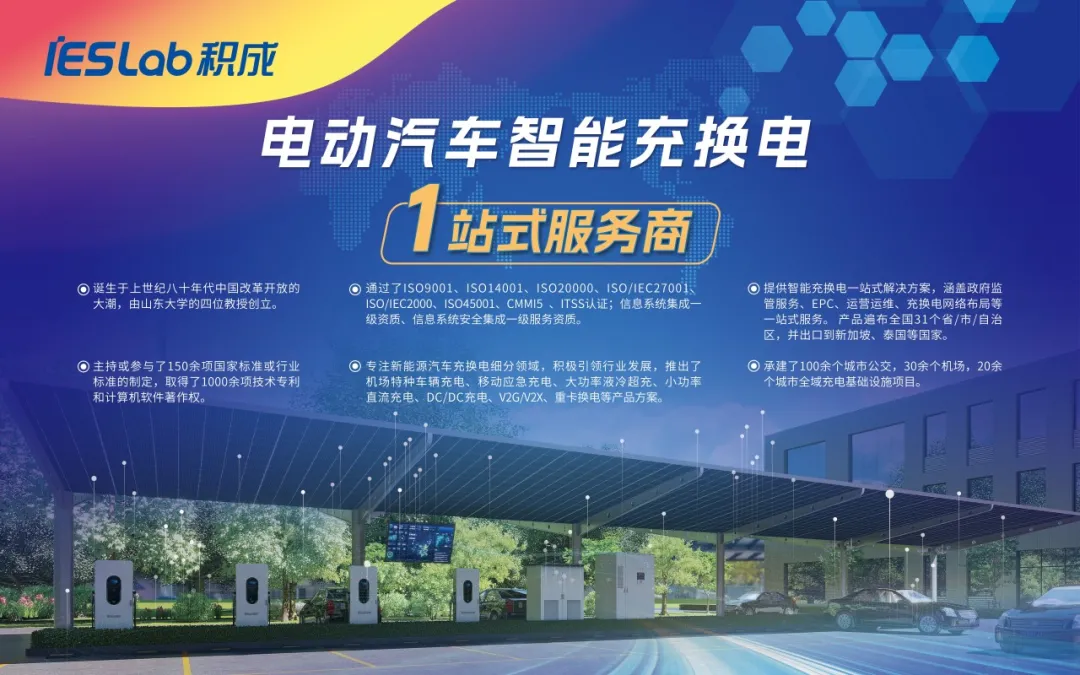On January 25th, 2024, the 2023 IEEE PES Electric Vehicle Technology Committee (China) Annual Conference was successfully held in Beijing. The conference was co-hosted by IEEE PES Electric Vehicle Technology Committee (China), IEEE PES Beijing Chapter, North China Electric Power University’s School of New Energy, IES Lab New Energy Co., Ltd and Beijing Huadian Energy Internet Research Institute Co., Ltd.
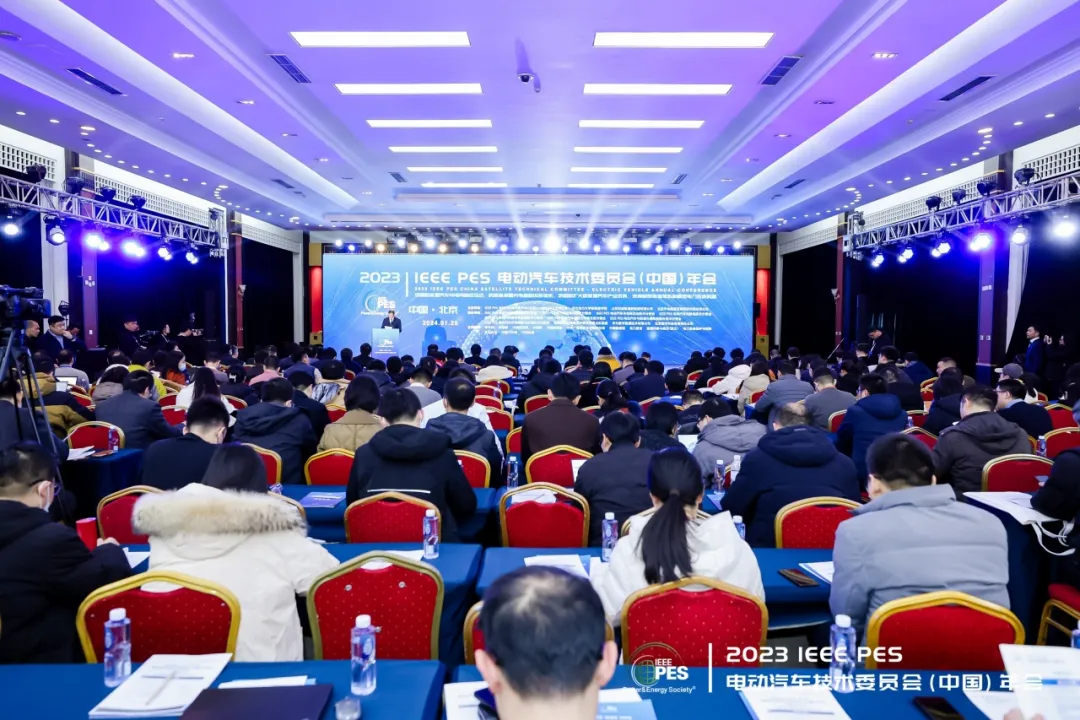
IEEE PES Electric Vehicle Technology Committee (China) operates under the guidance of IEEE PES and its China Regional Committee, leveraging the resources of the IEEE PES. Collaborating with top Chinese educational and research institutions, it tracks technological advancements across PES-related fields, provides input for IEEE PES leadership to prioritize technical activities, and serves as a platform for professional exchanges among IEEE members. The committee’s mission is to unite and mobilize scientists and engineers in the EV sector, foster the advancement and dissemination of EV technology, nurture talent development, and contribute to economic and social progress. It serves the needs of scientist, engineers and members, aiming to cultivate a new vehicle-grid integrated industry ecosystem and support the development of new energy and power systems.
This conference aimed to strengthen the integration and the interaction of new energy vehicles (NEVs) with power grids, build a high-quality charging infrastructure system, consolidate and expand the advantages of the NEV industry, and support the development of new energy and power systems. The event featured one main forum and seven sub-forums, bringing together experts from government, academia, industry, and research to interpret policies, analyze trends, share cutting-edge innovations and their applications, and explore new models for EV technology development and vehicle-grid integration.
Building Bridges: From China to the World
China is playing a more and more important role in global energy transformation, while electric vehicles (EVs) have become a key component of green transportation and clean energy. As China deepens industrial reforms and pursues carbon neutrality goals, the country has placed greater emphasis on NEVs, particularly EVs. Finding a balance between EVs and new power systems to promote sustainable, high-quality growth of China’s automotive industry is a shared goal across the sector.
Against this backdrop, the 2023 IEEE PES EVTC (China) Annual Conference focused on discussing the integration of EVs with new power systems. By pooling expertise from diverse stakeholders, it aimed to advance EV technology, accelerate energy transition, and maintain China’s leadership in NEVs and new energy sectors.
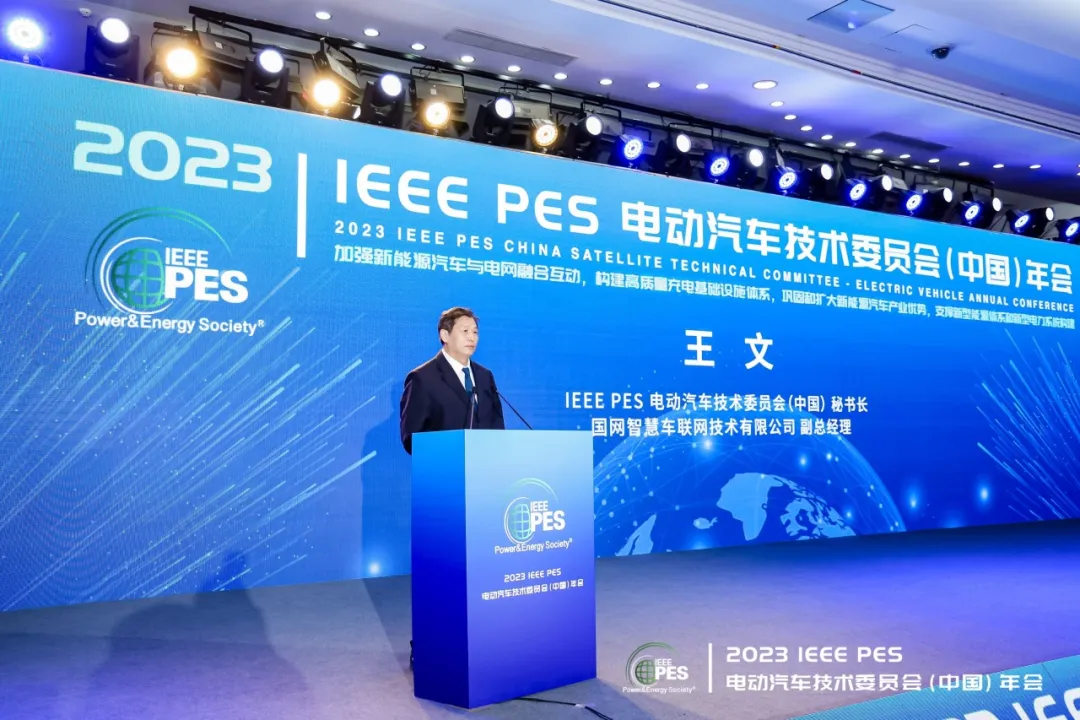 Wang Wen (Host): Secretary-General of IEEE PES EVTC (China), Deputy General Manager of State Grid Smart EV Network Technology Co., Ltd.
Wang Wen (Host): Secretary-General of IEEE PES EVTC (China), Deputy General Manager of State Grid Smart EV Network Technology Co., Ltd.
At the main forum, Wang Wen and Wu Bin—Secretary-General of IEEE PES EVTC (China)/Deputy General Manager of State Grid Smart EV Network, and Vice Chairman of IEEE PES EVTC (China)/Chief Engineer of State Grid Corporation's Marketing Department—moderated the morning and afternoon sessions, respectively.
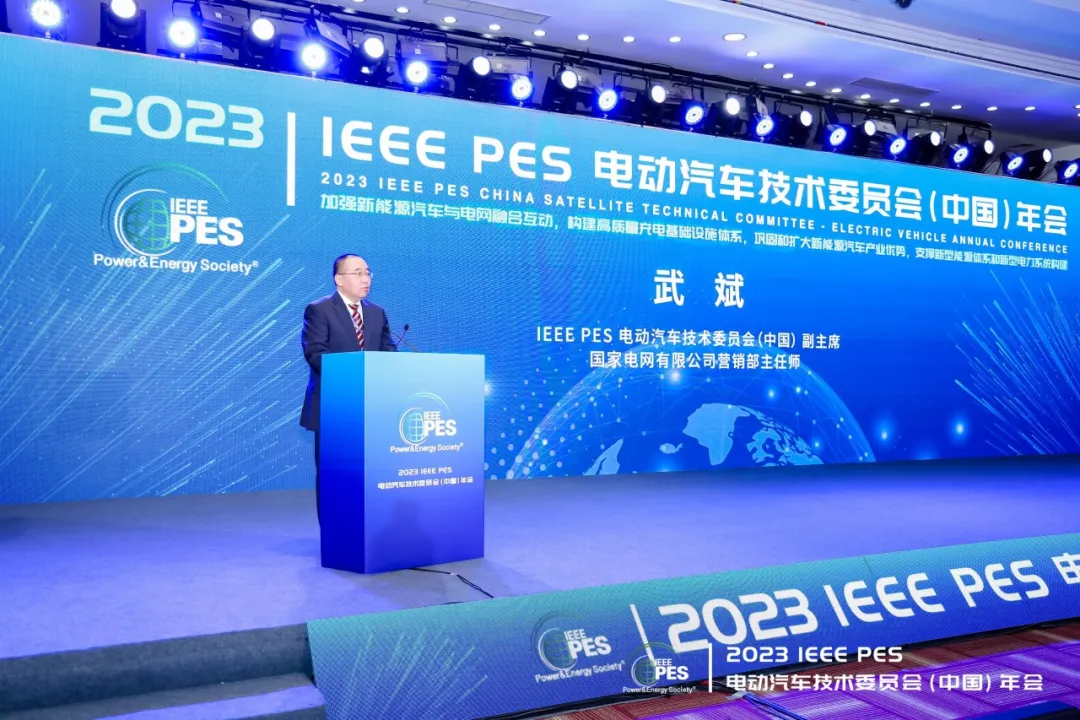
Wu Bin(Host): Vice Chairman of IEEE PES EVTC (China), Chief Engineer of State Grid Corporation’s Marketing Department
IEEE PES President-elect Prof. Zhong Zhiyong, professor at the Hong Kong Polytechnic University and fellow of the Canadian Academy of Engineering, delivered a video address. He commended the committee’s significant contributions to EV technology development and vehicle-grid integration ecosystems, and expressed hopes for its continued success.
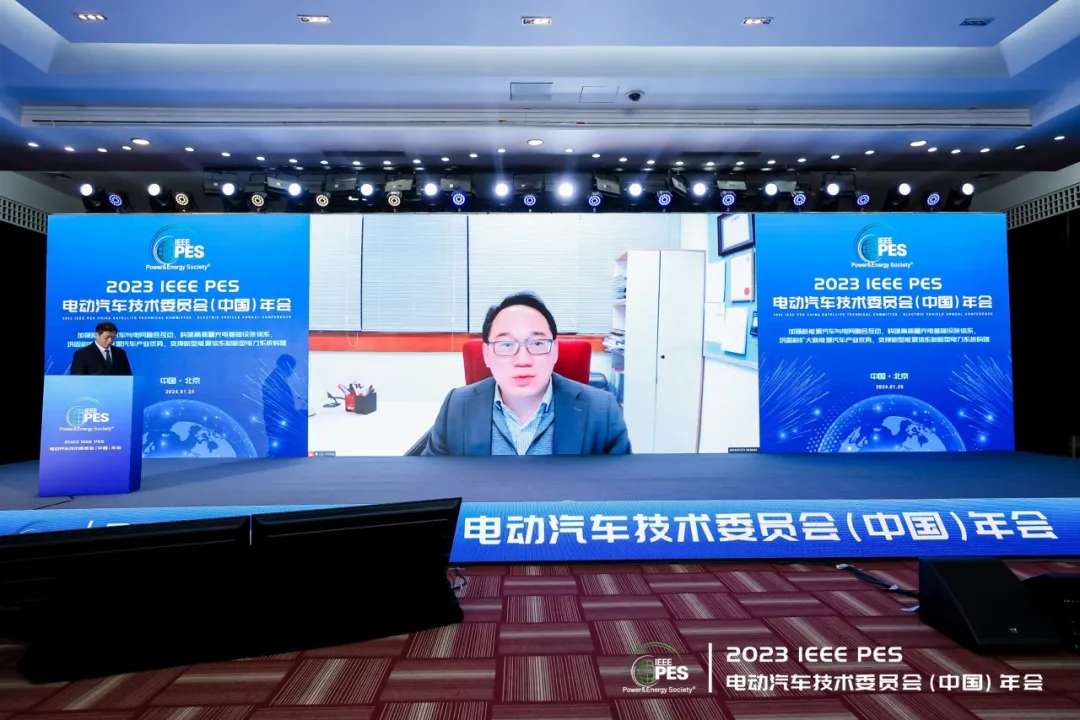
Bo Zhiqian, Founder of IEEE PES China, emphasized the leadership role of Chinese IEEE PES scholars in international organizations and the significance of IEEE PES (China) in global power and energy sectors.
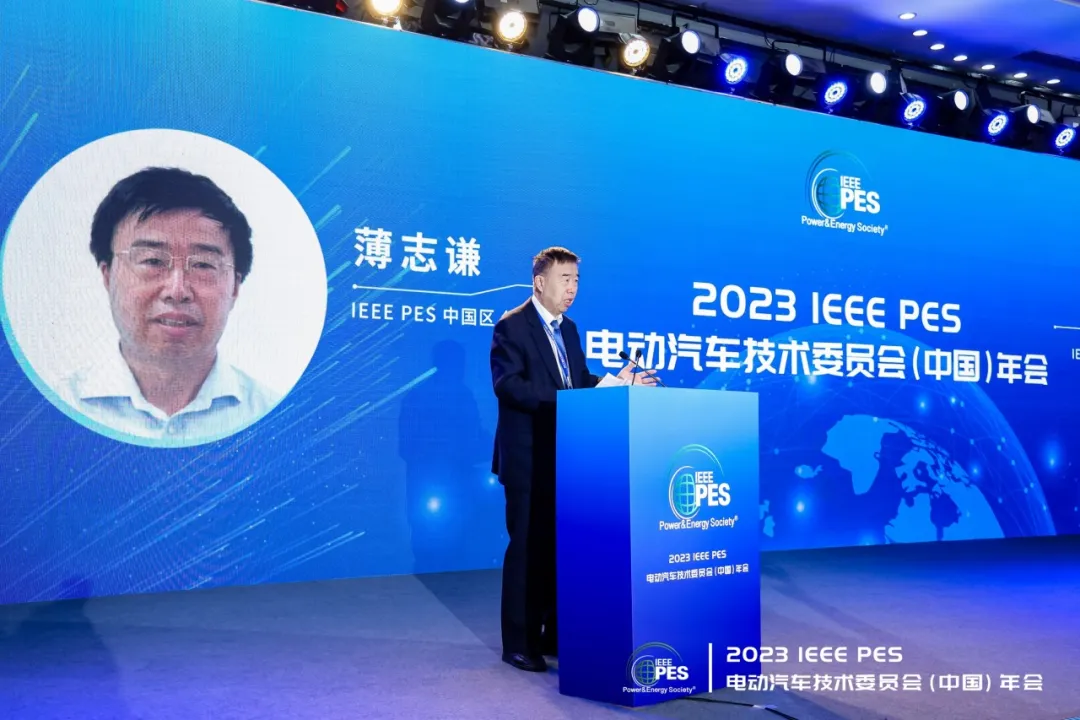
Sun Jiami, Director of the Power Grid Division at the National Energy Administration, noted in his speech that IEEE PES EVTC has been a vital industry academic organization, driving EV technology innovation and commercialization since its founding.
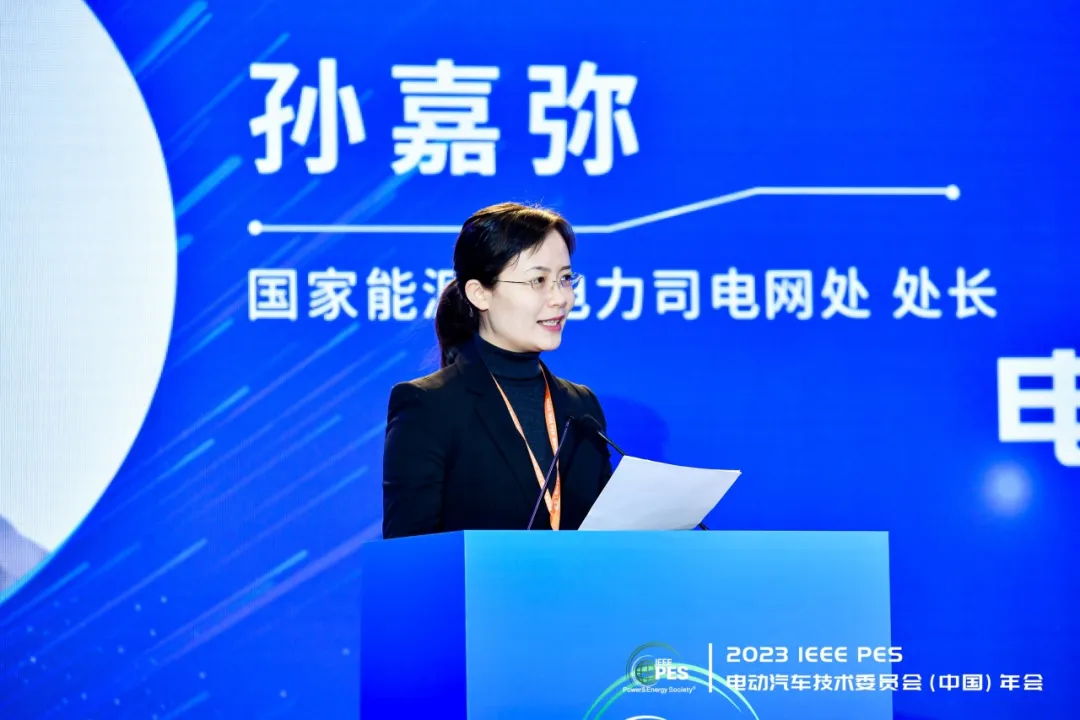
Pooling Wisdom for High-quality Industrial Development
The rapid and high-quality development of the industry cannot be achieved without national-level strategic planning and forward-looking insights from expert think tanks. At the conference, speakers from government and institutions offered multi-dimensional perspectives on future industry trends.
Prof. Ouyang Minggao, Chairman of IEEE PES EVTC (China), Tsinghua University professo and Member of the Chinese Academy of Sciences, highlighted prospects of integrating EVs with energy systems, particularly the application of vehicle-grid interaction (VGI) in new power systems.
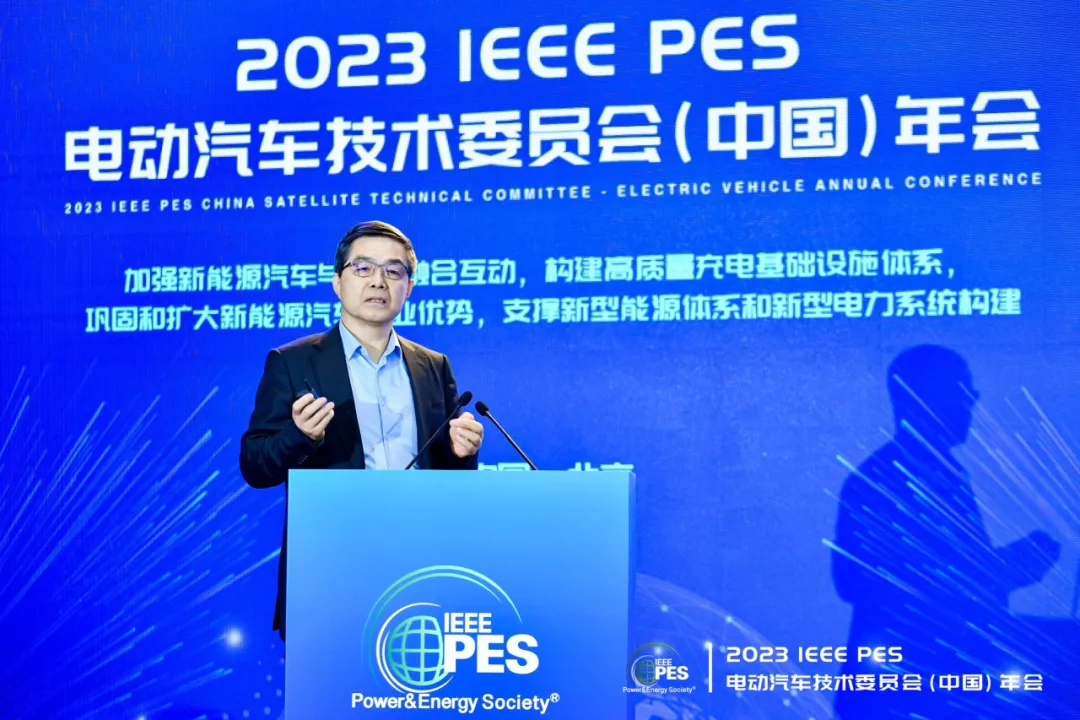
Liu Yongdong, Deputy Secretary-General of the China Electricity Council, stated that from the perspectives of technology, standards, and application scenarios, vehicle-to-grid interaction (VGI) has met the prerequisites for large-scale application and promotion. He called for institutionalized, standardized, and systematic approaches to advance its large-scale rollout.
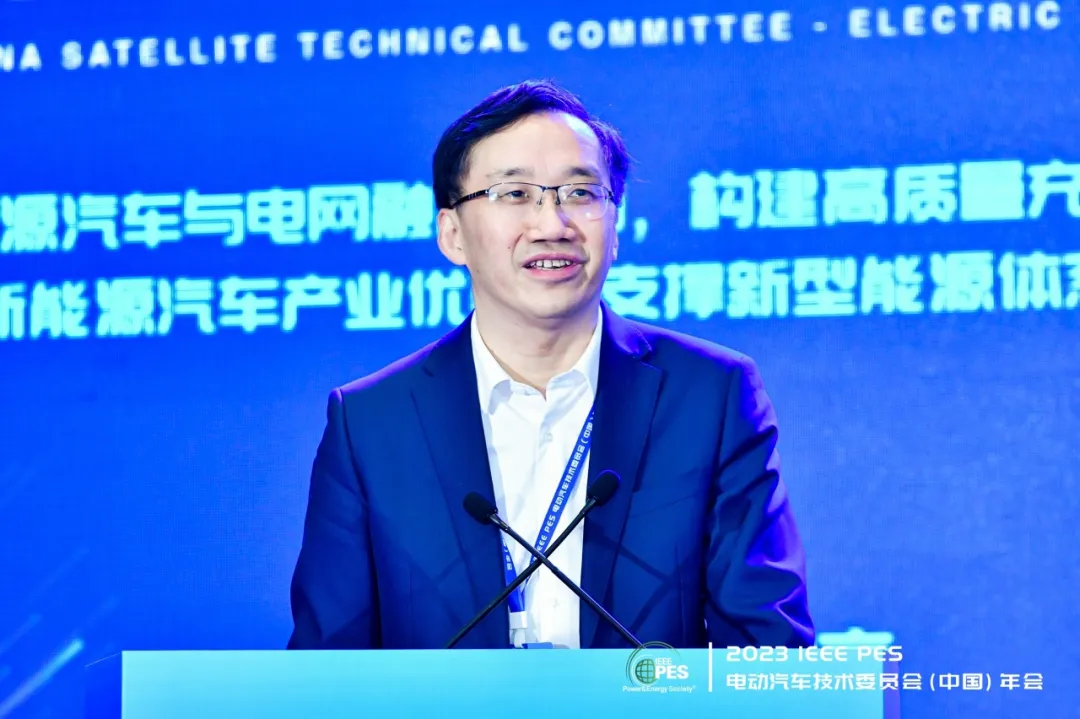
Zhang Shengnan, Deputy Director of the Market Department at Beijing Electric Power Trading Center, emphasized that innovative electricity market mechanisms and encouraging NEVs to use renewable energy are crucial measures to boost renewable energy integration from the demand side. These initiatives can align supply-demand dynamics, reduce system stress, and lower societal costs.
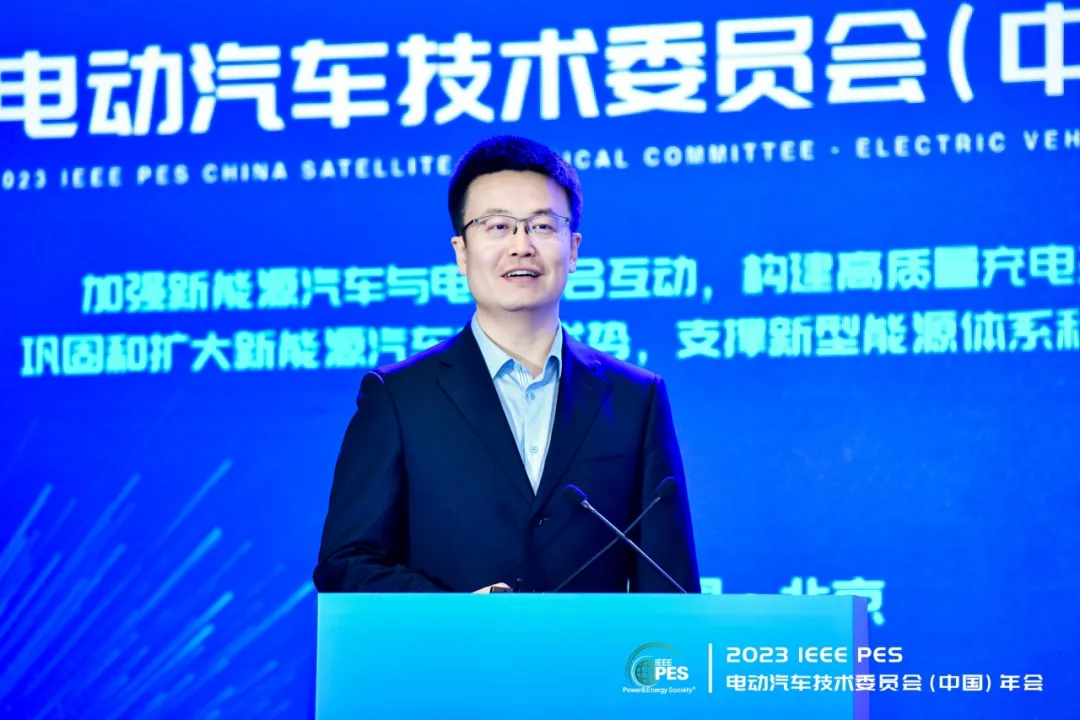
Zou Peng, Executive Secretary-General of the China Electric Vehicle Charging Infrastructure Promotion Alliance (EVCIPA) and the Charging & Swapping Branch of CAAM, predicted deeper integration and innovation in charging/swapping industries, increasing adoption of high-voltage platforms, accelerating standardization of battery swapping, and faster implementation of regulated charging under policy guidance.
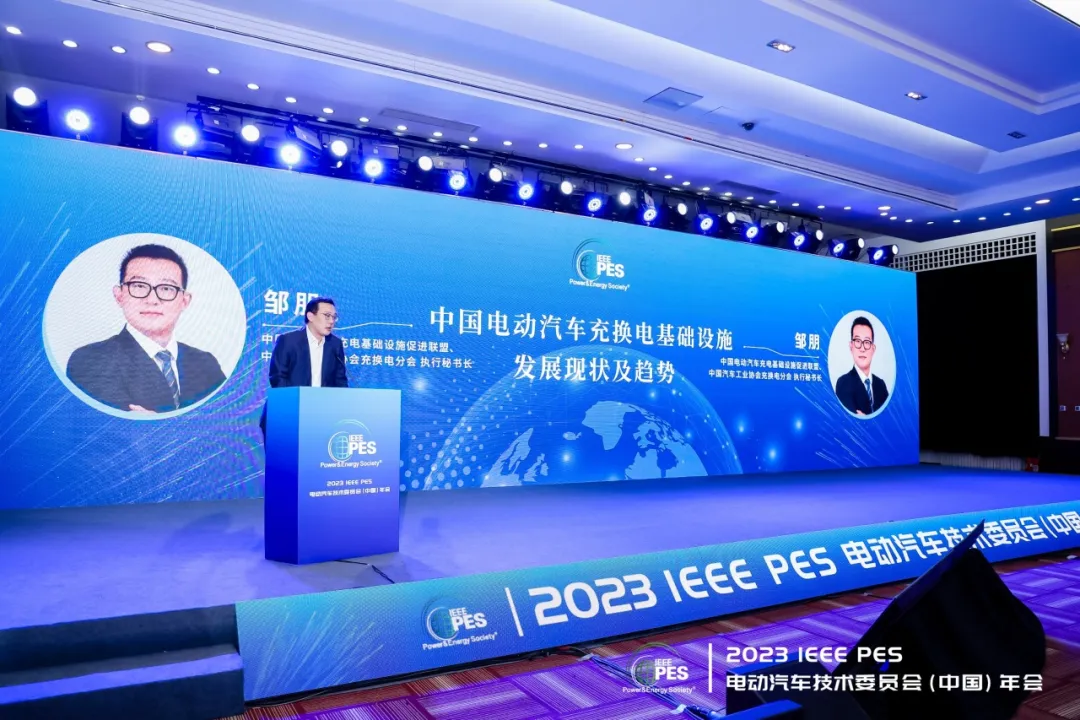
Fang Haifeng, Chief Expert at China Automotive Engineering Research Institute (CAERI) and Deputy Director of CAERI’s Policy Research Center, delivered a speech titled "Thoughts and Proposals for High-quality Development of NEV Industry", systematically summarizing achievements and challenges in China’s NEV sector. Under the dual-carbon goal, he proposed five strategies: consolidating direction, strengthening foundations, promoting integration, advancing technology, and expanding pilots.
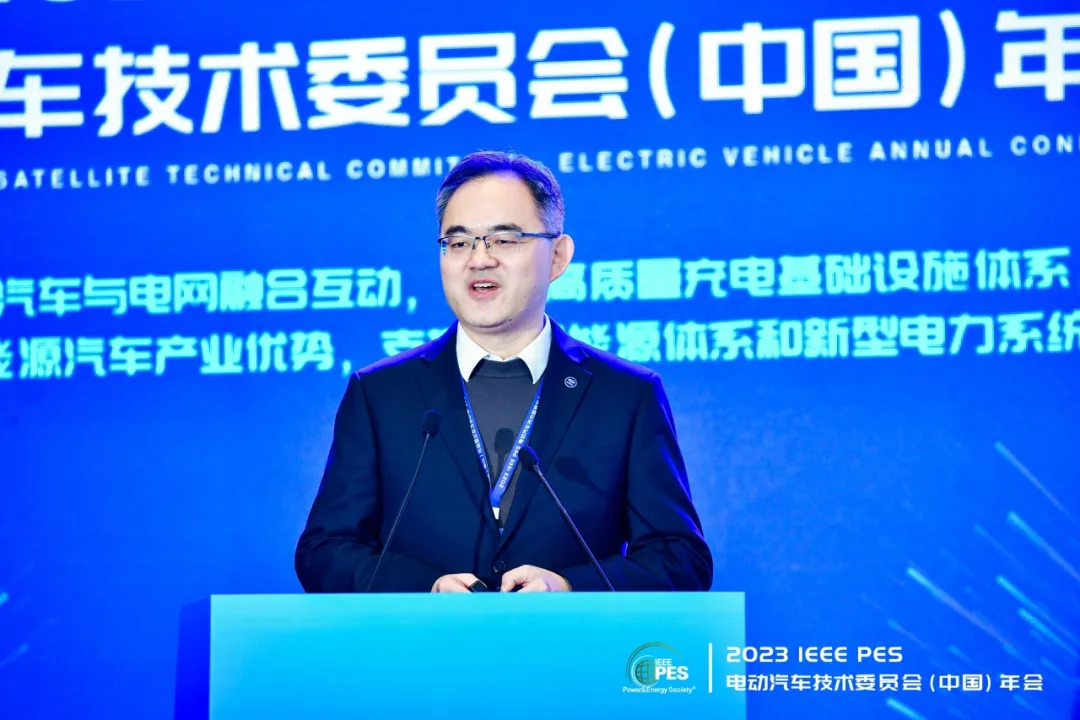
Speakers presented insights across seven technical themes: power battery systems, EV charging/swapping, EV-energy transportation integration, EV electrification, VGI, EV participation in power markets, and grid-connected testing. These discussions fostered academic exchanges, collaboration, and innovation in EV technology.
Vehicle-Grid Integration (VGI): Driving the Construction of High-quality Charging Infrastructure
At the sub-forum on "EV-Energy Transportation System Integration Technology," Chief Engineer Zhao Bo from iES Lab New Energy delivered a speech titled "Multi-scenario Vehicle-Grid Interaction Solutions: Practices and Applications". The report shared charging operation and control strategies for five scenarios: large-scale charging stations, campus charging stations, PV-storage-charging-discharging integrated stations, renewable energy microgrids, and virtual power plants. It comprehensively elaborated on vehicle-grid interaction (VGI) applications across these scenarios to support the development of a high-quality charging and swapping service system.
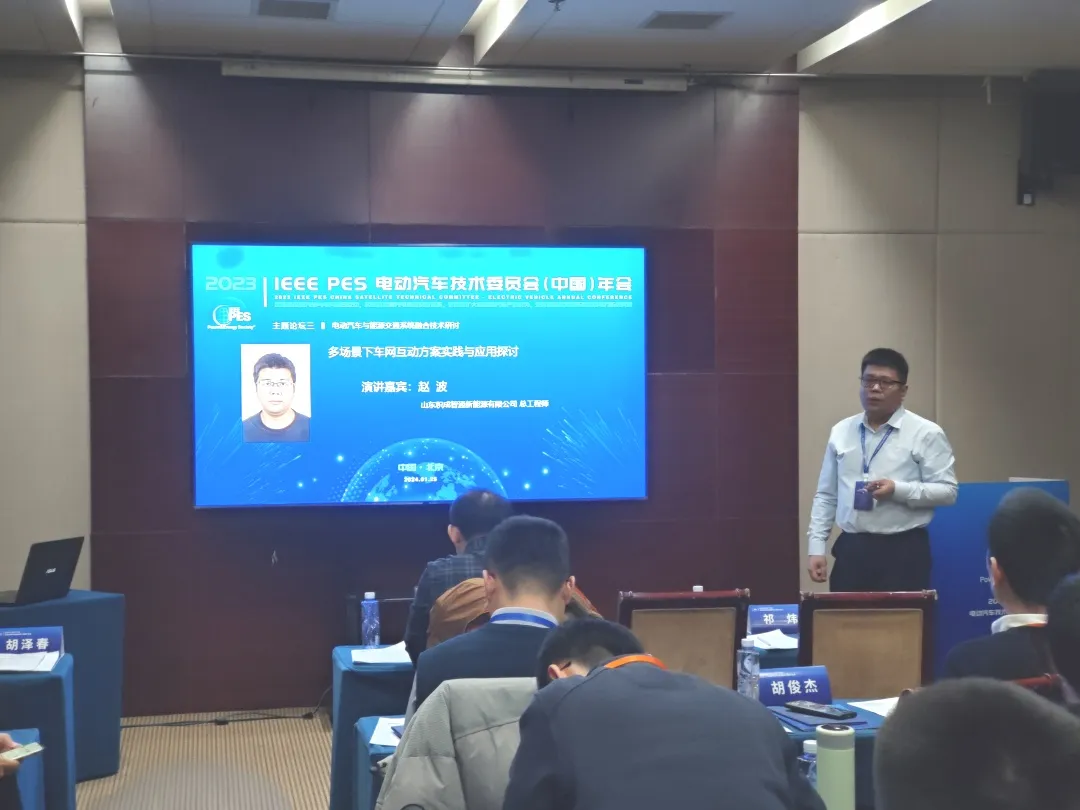
As a one-stop provider of intelligent EV charging/swapping solutions, iES Lab New Energy leverages its cutting-edge technologies (cloud, big data, IoT, mobile and AI) to provide users with self-developed platforms (including government charging supervision platform, IE Charging Cloud platform, ICS intelligent charging system) and services (station construction, operation management, network planning). Its comprehensive solutions cover urban charging infrastructure, gas station energy hubs, transportation charging, parking integration, PV-storage systems, and smart microgrids. The company will continue to leverage its advantages of technologies, products, and services within the intelligent EV charging industry to actively promote the development of the new energy electric vehicle (NEV) charging sector and contribute to the construction of new energy and power systems.
